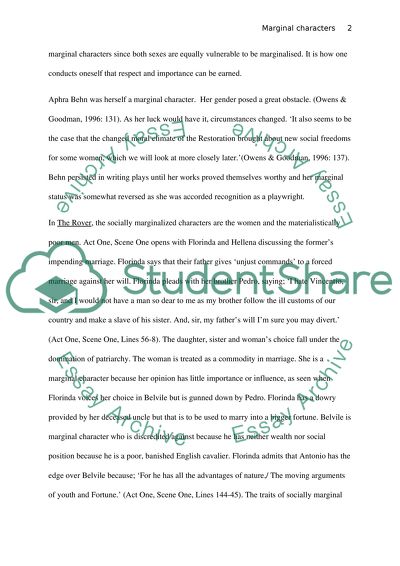Cite this document
(“Shakespeares Henry V and The Rover Book Report/Review”, n.d.)
Shakespeares Henry V and The Rover Book Report/Review. Retrieved from https://studentshare.org/literature/1506207-shakespeares-henry-v-and-the-rover
Shakespeares Henry V and The Rover Book Report/Review. Retrieved from https://studentshare.org/literature/1506207-shakespeares-henry-v-and-the-rover
(Shakespeares Henry V and The Rover Book Report/Review)
Shakespeares Henry V and The Rover Book Report/Review. https://studentshare.org/literature/1506207-shakespeares-henry-v-and-the-rover.
Shakespeares Henry V and The Rover Book Report/Review. https://studentshare.org/literature/1506207-shakespeares-henry-v-and-the-rover.
“Shakespeares Henry V and The Rover Book Report/Review”, n.d. https://studentshare.org/literature/1506207-shakespeares-henry-v-and-the-rover.


